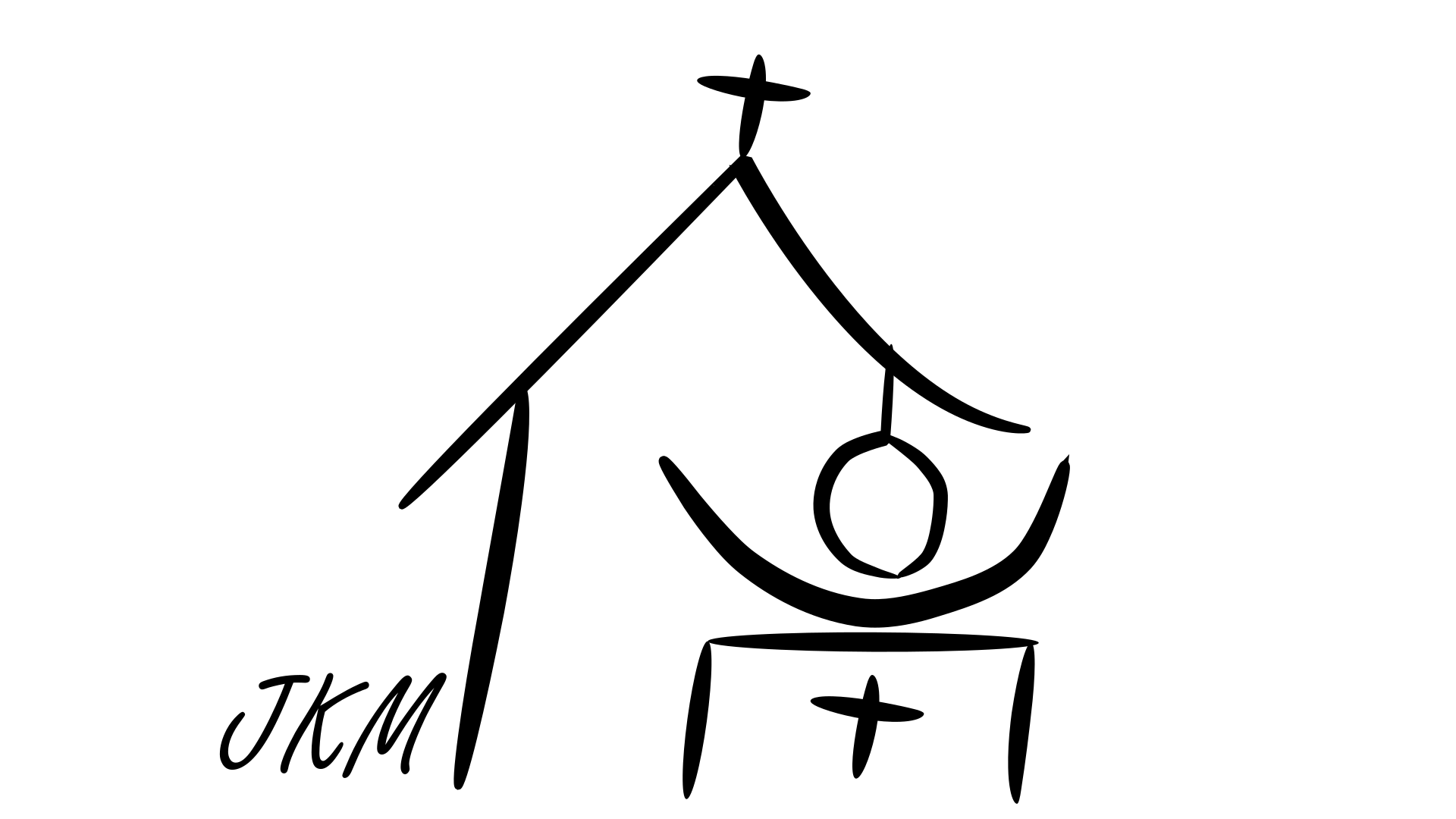Have you ever faced a curveball life thrown your way and wondered, “How do I navigate this with grace and strength?” Well, you’re not alone. Joseph’s story in Genesis is a masterclass in leadership, resilience, and grace under pressure. From being sold into slavery by his own brothers to rising to become the second most powerful man in Egypt, Joseph’s journey is nothing short of remarkable. His life offers a testament to faith and tangible leadership lessons applicable in today’s ever-changing world. Let’s unpack these lessons and see how they can inspire us to lead better, regardless of where we are or what challenges we face.
Resilience in the Face of Adversity
Joseph’s life was a rollercoaster of highs and lows—from favored son to slave, Potiphar’s house to prisoner, and finally, to that of a high-ranking official in Egypt. His ability to withstand hardship without losing faith teaches us the power of resilience.
Sold by His Brothers: Joseph’s journey into adversity begins when his own brothers sell him into slavery.
“Then there passed by Midianites merchantmen; and they drew and lifted up Joseph out of the pit, and sold Joseph to the Ishmeelites for twenty pieces of silver: and they brought Joseph into Egypt.”
Genesis 37:28
False Accusation and Imprisonment: Joseph is falsely accused by Potiphar’s wife, leading to his imprisonment.
“And it came to pass, when his master heard the words of his wife, which she spake unto him, saying, After this manner did thy servant to me; that his wrath was kindled. And Joseph’s master took him, and put him into the prison, a place where the king’s prisoners were bound: and he was there in the prison.”
Genesis 39:19-20
Forgotten by the Cupbearer: After successfully interpreting the dreams of Pharaoh’s cupbearer and baker in prison, Joseph asks the cupbearer to remember him. However, Joseph is forgotten for an additional two years.
“Yet did not the chief butler remember Joseph, but forgat him.”
Genesis 40:23
Leadership Lesson: True leaders stay resilient, keeping their vision alive despite the toughest times. They understand that setbacks are not the end but part of the journey to success.
Integrity Above All
Despite numerous challenges, including wrongful accusations and imprisonment, Joseph never compromised his values. His steadfast integrity, especially when Potiphar’s wife attempted to seduce him, speaks volumes.
“And it came to pass after these things, that his master’s wife cast her eyes upon Joseph; and she said, Lie with me. But he refused, and said unto his master’s wife, Behold, my master wotteth not what is with me in the house, and he hath committed all that he hath to my hand; There is none greater in this house than I; neither hath he kept back any thing from me but thee, because thou art his wife: how then can I do this great wickedness, and sin against God? And it came to pass, as she spake to Joseph day by day, that he hearkened not unto her, to lie by
Genesis 39:7-12
Joseph’s response to Potiphar’s wife’s proposition underscores his loyalty to Potiphar. He acknowledges Potiphar’s trust in him, noting that everything except his wife has been entrusted to his care. This acknowledgment isn’t just about following orders; it’s about respecting the bounds of trust and loyalty that form the foundation of his relationship with his master. Joseph’s refusal is a testament to his understanding of trust and his commitment to honoring it, setting a benchmark for ethical leadership.
Joseph’s statement, “how then can I do this great wickedness, and sin against God?” reveals his awareness of a higher moral standard that transcends human law or personal gain. His decision to resist temptation is not merely a refusal to betray Potiphar but a conscious choice to uphold his integrity in the eyes of God. This moment illustrates Joseph’s profound moral compass, guided by a commitment to do what is right, even when it might lead to personal loss or hardship.
Leadership Lesson: A leader’s greatest asset is their integrity. Maintaining moral high ground under challenging situations earns respect and trust, which are crucial for effective leadership.
Foresight and Strategic Planning
Joseph’s interpretation of Pharaoh’s dreams and his subsequent strategy to save Egypt from famine exemplify the importance of foresight in leadership. He predicted the seven years of famine and devised a plan to store surplus grain during the seven years of plenty.
“And Joseph said unto Pharaoh, The dream of Pharaoh is one: God hath shewed Pharaoh what he is about to do. The seven good kine are seven years; and the seven good ears are seven years: the dream is one. And the seven thin and ill favoured kine that came up after them are seven years; and the seven empty ears blasted with the east wind shall be seven years of famine. This is the thing which I have spoken unto Pharaoh: What God is about to do he sheweth unto Pharaoh. Behold, there come seven years of great plenty throughout all the land of Egypt: And there shall arise after them seven years of famine; and all the plenty shall be forgotten in the land of Egypt; and the famine shall consume the land; And the plenty shall not be known in the land by reason of that famine following; for it shall be very grievous. And for that the dream was doubled unto Pharaoh twice; it is because the thing is established by God, and God will shortly bring it to pass.”
Genesis 41:25-32
“Now therefore let Pharaoh look out a man discreet and wise, and set him over the land of Egypt. Let Pharaoh do this, and let him appoint officers over the land, and take up the fifth part of the land of Egypt in the seven plenteous years. And let them gather all the food of those good years that come, and lay up corn under the hand of Pharaoh, and let them keep food in the cities. And that food shall be for store to the land against the seven years of famine, which shall be in the land of Egypt; that the land perish not through the famine.”
Genesis 41:33-36
“And the famine was over all the face of the earth: And Joseph opened all the storehouses, and sold unto the Egyptians; and the famine waxed sore in the land of Egypt. And all countries came into Egypt to Joseph for to buy corn; because that the famine was so sore in all lands.”
Genesis 41:56-57
Joseph’s plan is detailed and methodical, showcasing his strategic thinking. He suggests appointing overseers to collect a fifth of the produce during the seven plentiful years to store for the years of famine. This plan not only addresses the immediate need to prepare for the famine but also demonstrates an advanced understanding of resource management, logistics, and governance.
Joseph’s strategic planning and foresight led to the survival of Egypt and its people during seven years of famine. His actions ensured that Egypt not only weathered the famine but also became a hub of support for surrounding regions affected by the scarcity. The accumulation of resources during the years of abundance meant that Egypt could provide for its citizens and others during the lean years, showcasing the power of proactive planning and execution.
Joseph’s foresight and strategic planning included several elements that we can focus on:
- Visionary Thinking: Effective leaders must look beyond the present, anticipating future challenges and opportunities. Like Joseph, they should use their insights to prepare and plan for what lies ahead.
- Strategic Action: Vision alone is not enough; it must be coupled with strategic action. Joseph’s detailed plan for collecting and storing grain exemplifies how leaders can implement visionary thinking through practical, strategic actions.
- Resource Management: Joseph’s approach to gathering a fifth of the harvest during the years of plenty underscores the importance of prudent resource management. Leaders should always be mindful of resource utilization, ensuring sustainability and preparedness for leaner times.
- Empathy and Service: At the heart of Joseph’s plan was the desire to save lives and ensure the well-being of Egypt and the neighboring regions. Leadership is not just about guiding organizations or communities; it’s fundamentally about serving and improving the lives of others.
Leadership Lesson: Visionary leaders anticipate future challenges and prepare accordingly. They think strategically, plan for the long term, and are always a few steps ahead.
Forgiveness and Reconciliation
One of the most profound moments in Joseph’s story is his forgiveness of his brothers. Despite their betrayal, he chose reconciliation over revenge.
“And Joseph said unto his brethren, Come near to me, I pray you. And they came near. And he said, I am Joseph your brother, whom ye sold into Egypt. Now therefore be not grieved, nor angry with yourselves, that ye sold me hither: for God did send me before you to preserve life.”
Genesis 45:4-5
“And God sent me before you to preserve you a posterity in the earth, and to save your lives by a great deliverance. So now it was not you that sent me hither, but God: and he hath made me a father to Pharaoh, and lord of all his house, and a ruler throughout all the land of Egypt.”
Genesis 45:7-8
“And he fell upon his brother Benjamin’s neck, and wept; and Benjamin wept upon his neck. Moreover he kissed all his brethren, and wept upon them: and after that his brethren talked with him.”
Genesis 45:14-15
Joseph recognizes that his suffering and subsequent rise to power were part of a larger divine plan. In leadership and life, the ability to see beyond personal grievances toward a greater purpose can facilitate forgiveness. Joseph also demonstrated that true strength lies not in harboring grudges or seeking vengeance but in the ability to forgive and move forward. Joseph’s forgiveness leads to the healing of broken family ties, showing that forgiveness can pave the way for reconciliation and restoration of relationships.
Leadership Lesson: Great leaders possess the strength to forgive and understand the power of reconciliation. They prioritize healing and unity over harboring grudges or seeking retribution.
In the End…
As chronicled in Genesis, Joseph’s life transcends time, offering lessons on resilience, integrity, foresight, forgiveness, and stewardship that are as relevant today as they were thousands of years ago. Whether you’re leading a team, managing a project, or guiding a family, Joseph’s story reminds us that leadership is not just about the position we hold but the lives we touch and the legacy we leave behind.
As we navigate our journeys, let’s carry these lessons with us, applying them to overcome challenges, inspire those we lead, and achieve our fullest potential. Because, in the end, it’s not just about reaching the top—it’s about the wisdom we gather and the hearts we uplift along the way.

